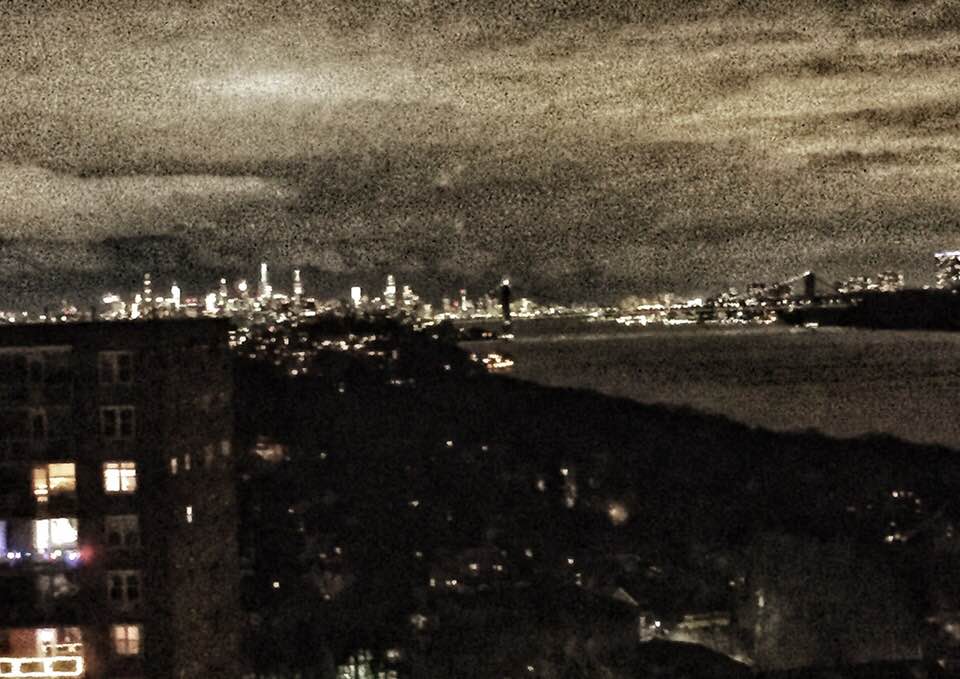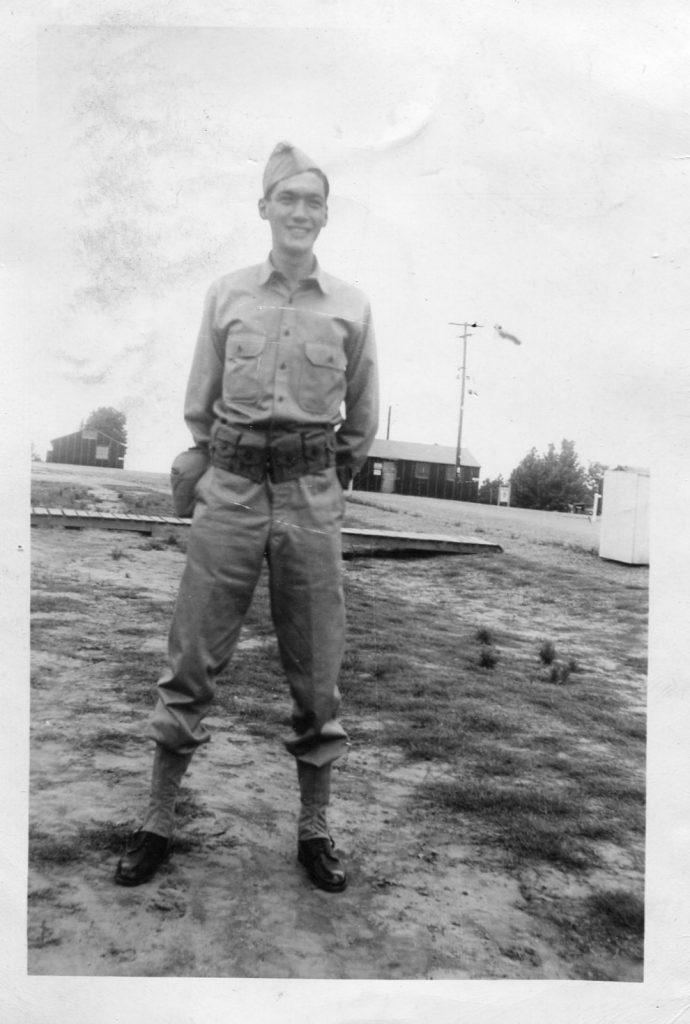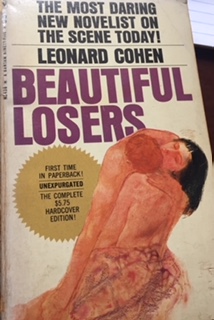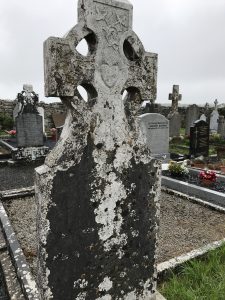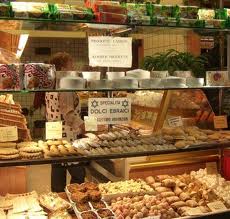
I was a young guy in my late twenties when I worked for a small trade newsletter publisher on Manhattan’s Upper West Side. In the “Ford To City: ‘Drop Dead!'” nineteen seventies, the area was still part of the gritty New York City of yesteryear. There on the Upper West Side were sawdust-floored stores that sold candies and nuts, Kosher meats, dairy, smoked fish, bread, cakes and cookies.
Of the bakeries, my much-older co-workers told me: go to Grossingers on Columbus Avenue for the brownies and go to Lichtman’s on 86th Street and Amsterdam for breads, black-and-whites, and cakes. And they were right.
Louis Lichtman came to New York from Hungary and the word around the neighborhood, for forty-something years, was that his cakes were sublime. So when I wanted to impress my young wife’s fancy-pants Westport aunts and uncles, I ordered a huge mocha cake.
On a hot day in late summer, I picked the cake up and placed it in the back seat of my very used, non-air conditioned Toyota Corona. Back then, what young city-dweller could afford a car, never mind one with a/c? We drove merrily up the Merritt Parkway to Westport, windows open, AM radio blasting. Our hearts swelled with anticipation.
We arrived, proudly offered the Lichtman’s cake box to our hosts, and stood back for an anointment of high-praise. This was, after all, a special order mocha cake from Lichtman’s!
My wife’s aunt opened the box, to reveal a very melted, very crooked, special order cake. It was still tasty, but it was aesthetically compromised. “Oh….” she said with disapproval that stings even as I write this so many decades later. “I can’t serve THAT!”
The dinner party survived, I survived, my wife survived and Lichtman’s certainly survived, for another ten years. But, in the late spring of 1987, Louis Lichtman’s landlord jacked the man’s rent 500 percent. The Hungarian immigrant cried as an auctioneer sold off the baker’s equipment and fixtures to a room full of his competition. They, too, would soon fail, as gentrification smothered the city’s commercial oxygen supply like cultural kudzu.
Today, the southwest corner of 86th Street and Amsterdam Avenue shelters an architectural hardware store, a dry cleaning shop, and a custom shade store. Back in ’87, Lichtman’s rent increased five-fold, from $1300 a month to $6,500. I wonder what these storekeepers are paying now?
I suppose all that is beside the point. Here’s the real story: only three years after the auctioneer’s gavel signaled the last sale of his store’s baking equipment, Louis Lichtman, the man who crafted my melted mocha cake, died of cardiac arrest, at the age of 78.
In three years, he was done.
That was almost thirty years ago. My career has carried me a long way and I am no longer the young guy with a beat-up Toyota, so eager to impress supercilious suburban relatives. And yet, when I think of Mr. Lichtman’s story arc I cannot help but to compare it with my own.
For our tales are more alike than one might think. We both came a long way. We both learned, honed and loved our respective crafts. We both cherished our city and stayed with it, even as we were ground down by it. And finally, he faced the road’s end, a fate no man escapes.
As for me, do I dare ever to retire?
